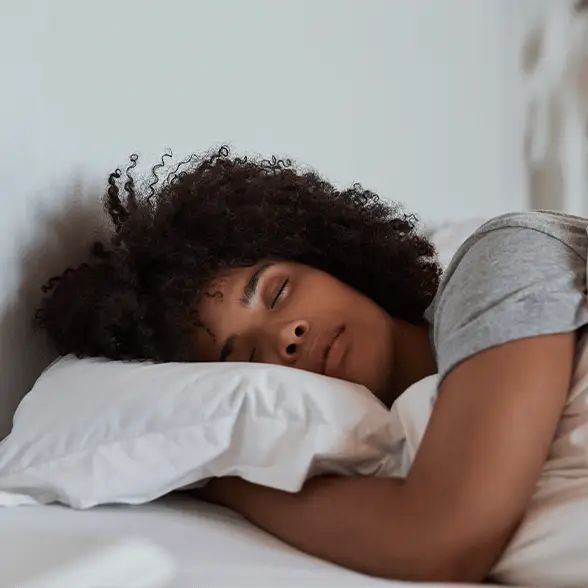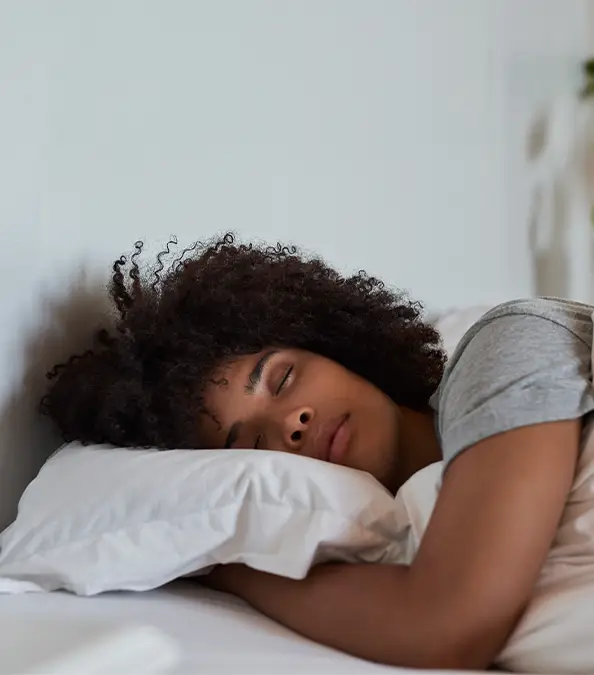
Sleep is important for our normal cognitive functions and maintain our overall health. Therefore, it's important we get decent shuteye during the night.
Dr. Daniel Barone, neurologist and associate director of the Weill Cornell Center for Sleep Medicine emphasises that humans get 'seven to nine hours per night.'
With that, here are seven expert tips to improve your sleep quality.
Consistency is key
Advert
Dr. Barone advised the importance of maintaining a regular wakeup time to regulate your body's internal clock, even on weekends - unless of course shift work affects this.
The medical expert explained that it's better to overall be 'as consistent as you can' and avoid oversleeping.
Whilst it may seem beneficial to catch up on lost sleep, sleep debt can't be fixed overnight and can instead cause further issues.

Wake up with sunlight
Natural daylight, especially in the morning, helps our circadian rhythms to operate normally by releasing cortisol so we wake up naturally. Whereas, lack of light induces melatonin which tells the body to sleep.
Waking up with natural light helps us to wake up naturally, and is far better for promoting regular sleep cycles than blue screen light from our smartphones.
Learn your wakeup time
Different individuals have different sleep cycles.
Some will feel better waking up at 5 am and others at 8 am, the experts claimed.
According to Shelby Harris, a clinical psychologist specialising in sleep medicine and the director of sleep health at Sleepopolis: 'Waking up early is generally recommended to align your body’s circadian rhythm with the natural light-dark cycle.'
Know your wakeup time so you know when you expect to wake up and be ready for bed.
Avoid snoozing
Hitting the snooze button may seem tempting, but it's going to impact how you feel the rest of the day.

'Snoozing releases serotonin, and it’s a very pleasant sensation to go back to sleep,' said Barone.
However, the serotonin interrupts the 'complex neurotransmitter activity' involved in waking up and will have negative lasting effects throughout the day.
Change sleep times
If you're struggling to find the right bedtime and wakeup time, try to do both 15 minutes earlier each day until you find your ideal rhythm.
Shut off blue light
Experts suggest reducing exposure to blue-light emitting screens at least 30 to 60 minutes before bedtime.
Blue light can mess with our circadian rhythms especially when it's just before we hit the hay.
Consider a sleep schedule
This is a last resort if none of the above tips are working for you.
Keeping track of your sleep and wake times will help you track your sleep and wake patterns. This way you'll know what times are working for you and how best to regulate your sleep-wake cycle.